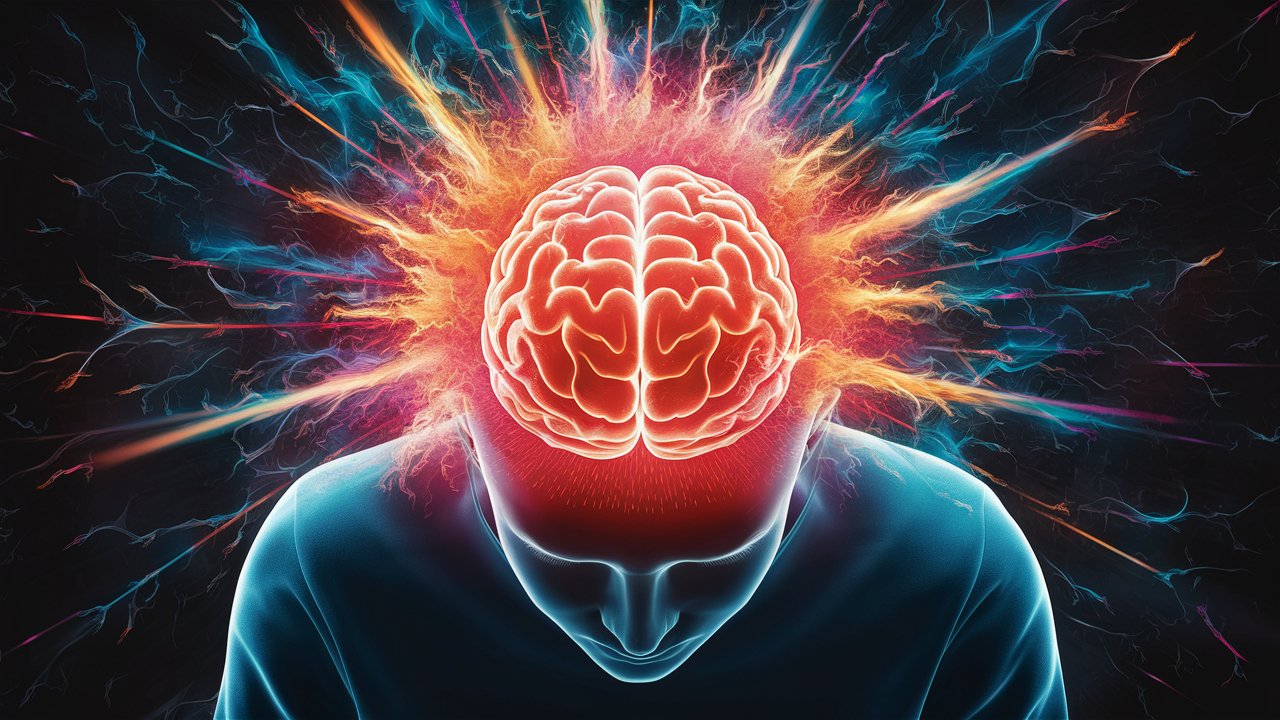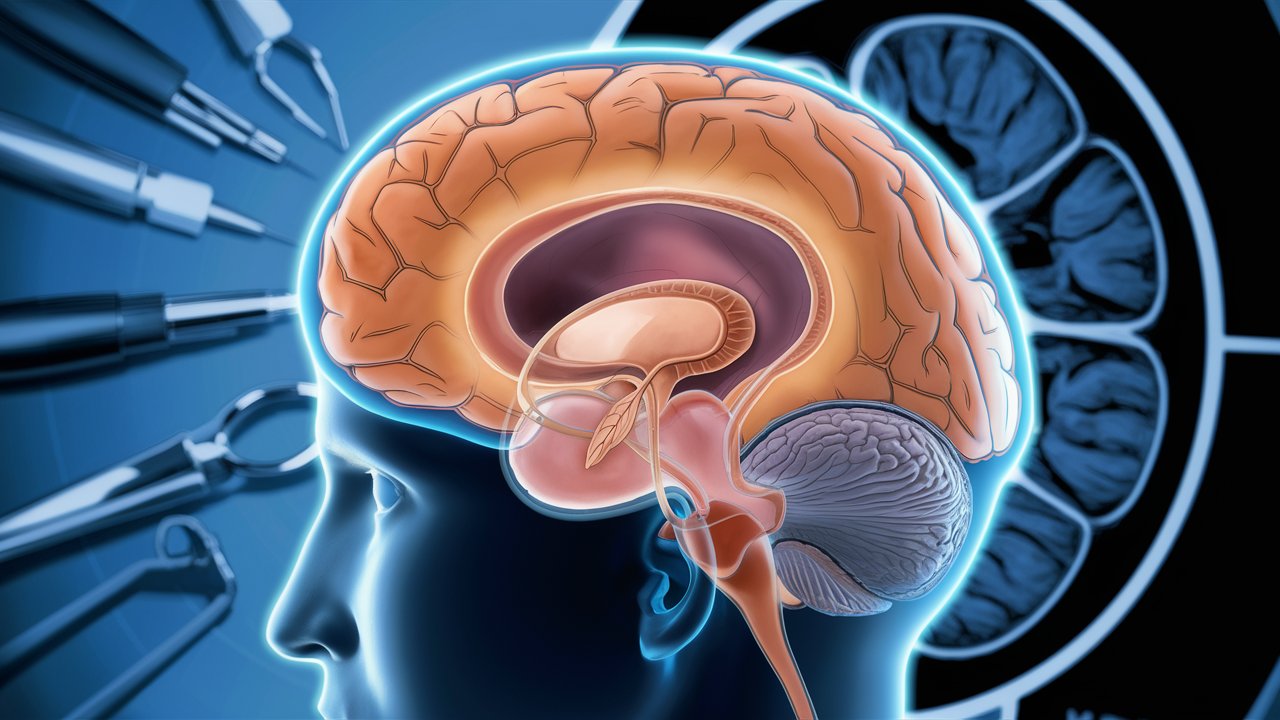
Exploding Head Syndrome might sound like something out of a sci-fi movie, but it's a real and puzzling condition. Imagine drifting off to sleep when suddenly, a loud bang jolts you awake. Exploding Head Syndrome is characterized by hearing loud noises that aren't actually happening. These sounds can range from explosions to gunshots, often causing confusion and fear. The good news? It's usually harmless. Researchers believe stress and lack of sleep might trigger these episodes. While it can be unsettling, knowing more about this condition can help ease worries. Let's dive into 35 intriguing facts about Exploding Head Syndrome to better understand this mysterious phenomenon.
What is Exploding Head Syndrome?
Exploding Head Syndrome (EHS) sounds terrifying, but it's not as dangerous as it seems. This rare condition involves hearing loud noises that aren't real, often when falling asleep or waking up. Let's dive into some fascinating facts about EHS.
-
EHS is a type of parasomnia, a sleep disorder that involves unusual behaviors during sleep.
-
The loud noises people hear can sound like explosions, gunshots, or even fireworks.
-
Despite the alarming name, EHS doesn't cause any physical harm to the brain.
-
EHS was first described in medical literature in 1876 by Dr. Silas Weir Mitchell.
Symptoms of Exploding Head Syndrome
Understanding the symptoms can help identify if someone might be experiencing EHS. Here are some key symptoms to look out for.
-
People with EHS often experience a sudden burst of noise just as they are falling asleep or waking up.
-
The noise is usually very brief, lasting only a few seconds.
-
Some people also experience a flash of light along with the noise.
-
EHS can cause a feeling of fear or anxiety due to the sudden and unexpected nature of the noise.
Causes and Risk Factors
The exact cause of EHS is still unknown, but researchers have some theories. Let's explore what might contribute to this condition.
-
Stress and anxiety are believed to be potential triggers for EHS.
-
Fatigue and lack of sleep can increase the likelihood of experiencing EHS.
-
Some researchers think EHS might be related to minor seizures in the temporal lobe of the brain.
-
EHS is more common in women than in men.
How Common is Exploding Head Syndrome?
EHS might be more common than you think. Here are some statistics and facts about its prevalence.
-
Studies suggest that up to 10% of people will experience EHS at some point in their lives.
-
EHS can occur at any age, but it is most commonly reported in people over 50.
-
Many people who experience EHS do not seek medical help, so the actual number of cases might be higher.
Diagnosing Exploding Head Syndrome
Diagnosing EHS can be tricky since it often gets mistaken for other conditions. Here’s how doctors typically identify it.
-
There is no specific test for EHS; diagnosis is usually based on the patient's description of their symptoms.
-
Doctors may perform sleep studies to rule out other sleep disorders.
-
Keeping a sleep diary can help doctors understand the frequency and pattern of EHS episodes.
Treatment and Management
While there is no cure for EHS, there are ways to manage the symptoms. Here are some treatment options.
-
Reducing stress through relaxation techniques like meditation or yoga can help.
-
Maintaining a regular sleep schedule can reduce the frequency of EHS episodes.
-
In some cases, doctors may prescribe medications like antidepressants or anti-seizure drugs.
-
Cognitive-behavioral therapy (CBT) can be effective in managing anxiety related to EHS.
Interesting Facts About Exploding Head Syndrome
EHS has some intriguing aspects that make it a unique condition. Here are some lesser-known facts.
-
EHS is sometimes referred to as "episodic cranial sensory shock."
-
Some people experience EHS only once, while others have recurring episodes.
-
EHS is not related to any serious medical conditions, despite its frightening symptoms.
-
The loud noises heard during EHS are purely auditory hallucinations.
Exploding Head Syndrome in Popular Culture
EHS has even made its way into popular culture. Here are some examples.
-
EHS was featured in an episode of the TV show "House."
-
The condition has been mentioned in various medical dramas and documentaries.
-
Some horror movies have used the concept of EHS to create suspenseful scenes.
Personal Experiences with Exploding Head Syndrome
Hearing about others' experiences can provide comfort and understanding. Here are some personal accounts.
-
Many people describe the noise as a "bomb going off" in their head.
-
Some individuals report feeling a sense of relief after learning that EHS is not dangerous.
-
Online support groups and forums can offer a sense of community for those with EHS.
Research and Future Directions
Ongoing research aims to better understand EHS and find more effective treatments. Here’s what scientists are working on.
-
Researchers are studying the brain activity of people with EHS to identify potential causes.
-
New treatments are being tested, including non-invasive brain stimulation techniques.
-
Increased awareness and education about EHS can help reduce the stigma and fear associated with the condition.
Understanding Exploding Head Syndrome
Exploding Head Syndrome (EHS) might sound terrifying, but it’s not as dangerous as it seems. This sleep disorder causes people to hear loud noises or explosions in their heads as they fall asleep or wake up. Though the exact cause remains unknown, stress and fatigue are common triggers. EHS doesn’t cause physical harm, but it can disrupt sleep and lead to anxiety. Treatments like stress management, better sleep hygiene, and sometimes medication can help reduce episodes. If you or someone you know experiences EHS, consulting a healthcare professional is a good step. Knowledge about EHS can ease fears and improve sleep quality. Understanding this condition helps demystify those startling nighttime noises, making them less frightening. So, next time you hear a loud bang in your head, remember it’s just your brain playing tricks, not a real explosion.
Was this page helpful?
Our commitment to delivering trustworthy and engaging content is at the heart of what we do. Each fact on our site is contributed by real users like you, bringing a wealth of diverse insights and information. To ensure the highest standards of accuracy and reliability, our dedicated editors meticulously review each submission. This process guarantees that the facts we share are not only fascinating but also credible. Trust in our commitment to quality and authenticity as you explore and learn with us.


